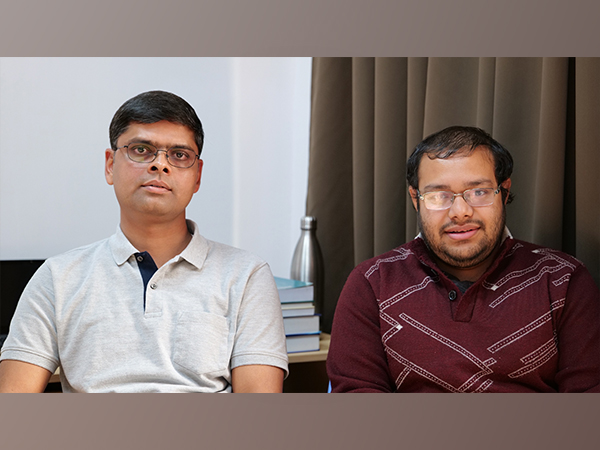IIT Guwahati's Innovative Trial Method Paves Way for Personalised Healthcare
Researchers at IIT Guwahati, in collaboration with international institutions, have developed a multi-stage clinical trial method focused on personalised medicine. This adaptive approach customises treatment regimes in real-time, optimising patient care by considering individual responses, potentially transforming public health interventions and advancing personalised medicine.

- Country:
- India
In a groundbreaking development, researchers at the Indian Institute of Technology, Guwahati, have partnered with global leaders from Duke-NUS Medical School, National University of Singapore, and the University of Michigan to introduce a novel, multi-stage clinical trial method. This advancement aims to revolutionise personalised medical care by customising treatment regimens in real-time based on each patient's individual responses.
The research emphasizes enhancing patient-specific treatment plans through Dynamic Treatment Regimes (DTRs), designed using Sequential Multiple Assignment Randomised Trials (SMARTs). Such frameworks focus on optimising treatment strategies for patients with varying therapy responses over time by adapting treatments dynamically as conditions evolve.
Dr Palash Ghosh's team has refined the SMART methodology with an adaptive randomisation technique. This ensures more patients are assigned effective treatments by adjusting the trial allocation ratios in real-time. The aim is to improve the treatment process, reduce failures, and foster patient engagement. The research findings have been published in the journal Biometrics, marking a significant step toward effective, patient-centric healthcare.
(With inputs from agencies.)










